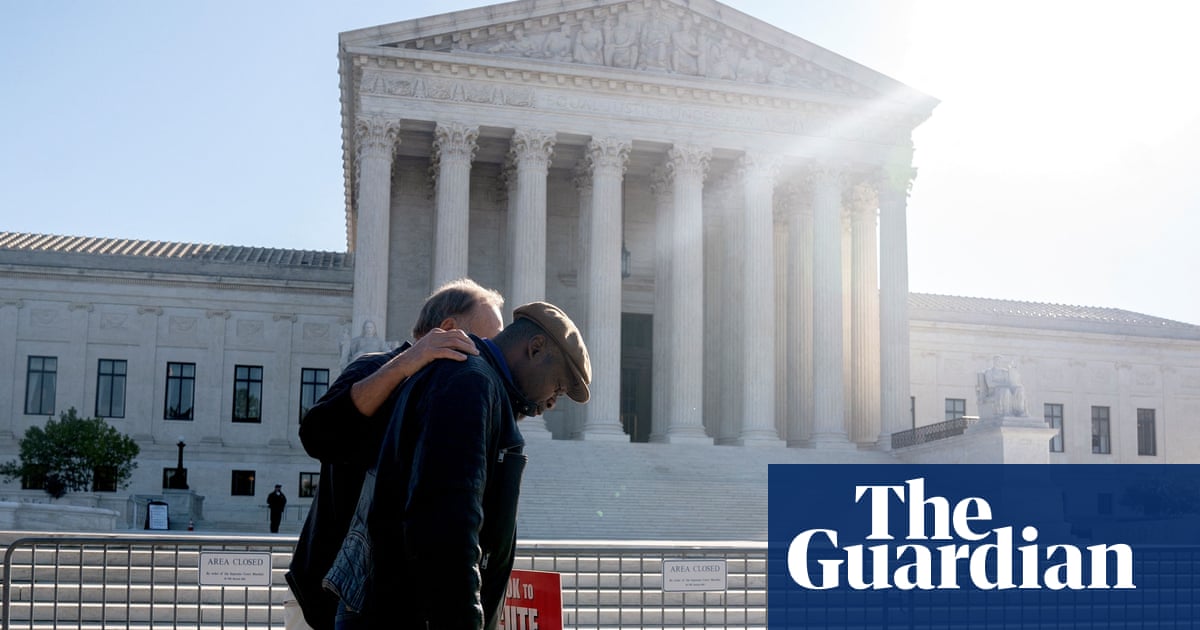Bleu Raeder
Member
Offline

As Supreme Court overturns abortion rights, could same-sex marriage be next to go?
Justice Thomas suggests the court should also reconsider past rulings establishing rights to contraception, same-sex relationships and gay marriage.
"Justice" Thomas wants to burn it all down...except for interracial marriage.
WASHINGTON — As the Supreme Court on Friday declared the Constitution does not confer a right to abortion, Justice Clarence Thomas suggested the court should also reconsider past rulings establishing rights to contraception, same-sex relationships and gay marriage, as well.
“We have a duty to ‘correct the error’ established in those precedents,” Thomas wrote in a concurring opinion, pointing to landmark decisions that protected the right to obtain contraception, the right to engage in private, consensual sexual acts, and the right to same-sex marriage.


